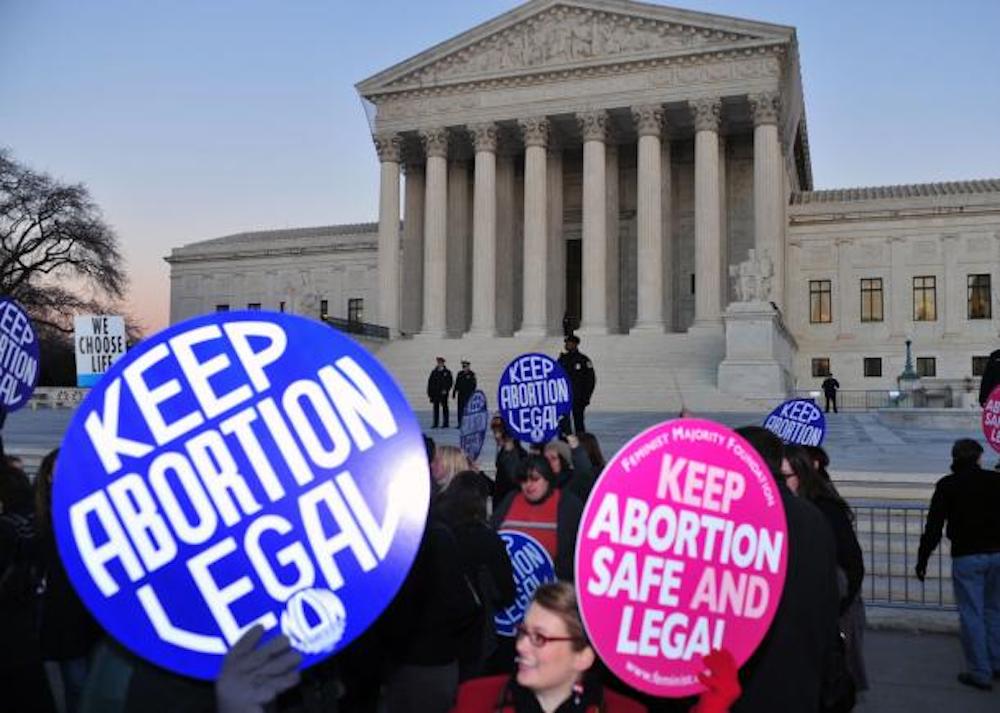For many evangelicals, the leaked draft decision last month felt like the culmination of many prayers, tears, hard conversations, and difficult decisions at the voting polls. Now that Roe has fallen, the most vulnerable will now have a chance to be legally protected in some states and the pro-life movement will have some headway into the culture.
Login to read more
Sign in or create a free account to access Subscriber-only content.
Topics:
